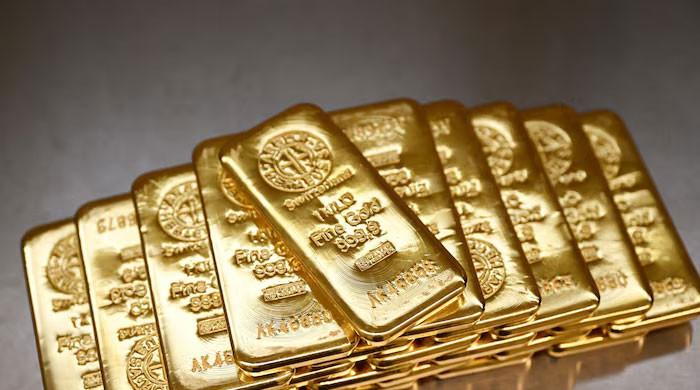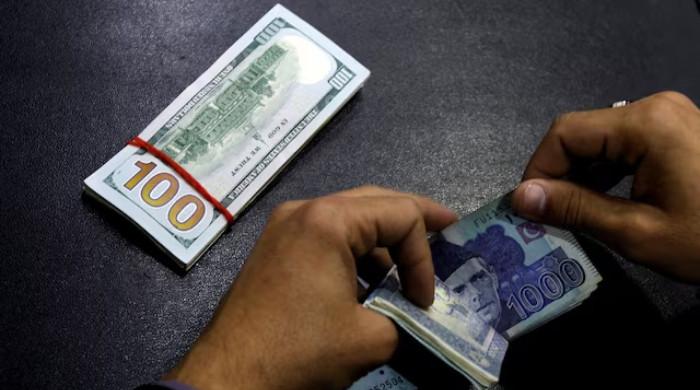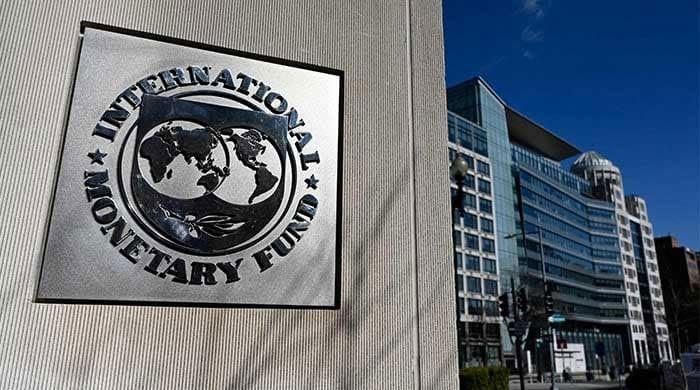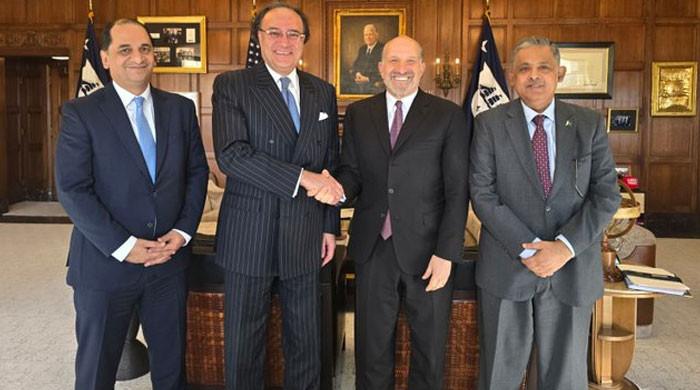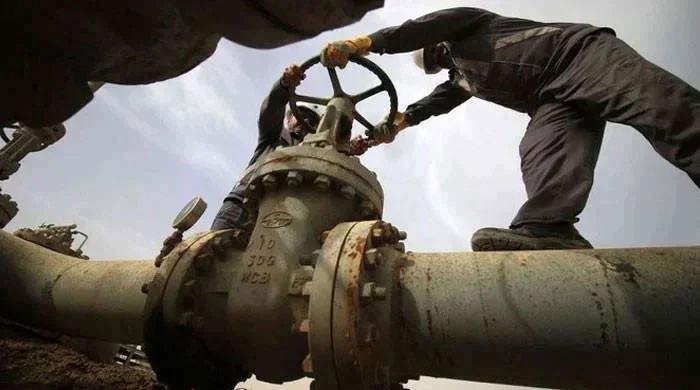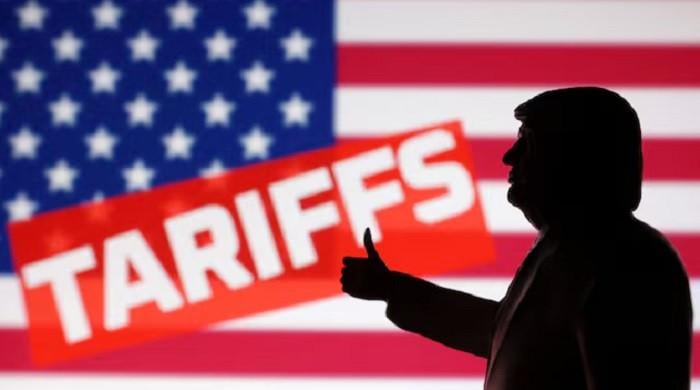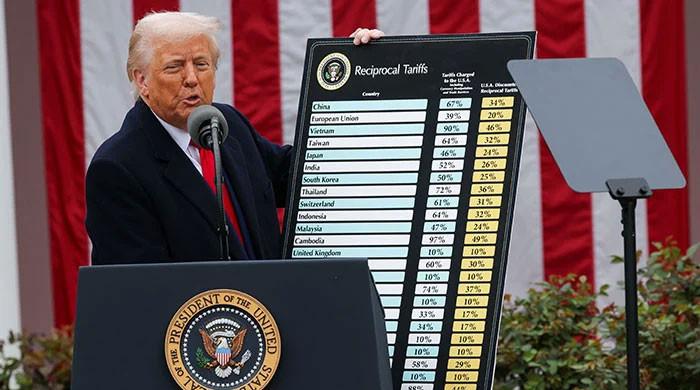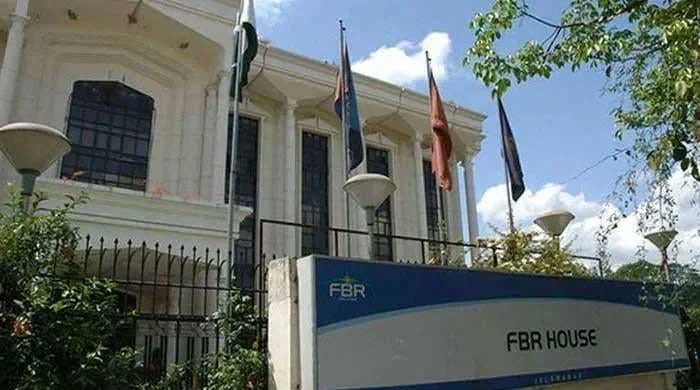Pakistan will not suffer $1bn loss due to US tariff: commerce minister
Reduction in tariff will lead to increase in the sales of Pakistani products in US market, NA told
August 07, 2025
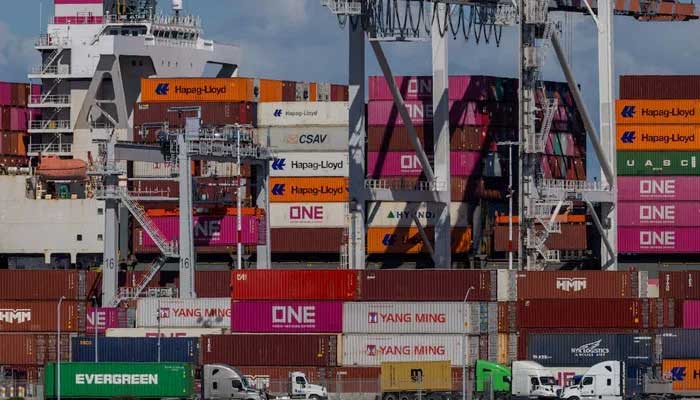
- US slashed tariff on Pakistani goods from 29% to 19%: minister.
- Reduction in duties likely to boost country's textile exports.
- President Trump's higher tariff rates come into force on Thursday.
Pakistan will not suffer a loss of $1 billion due to the imposition of 19% tariff by the United States, Commerce Minister Jam Kamal Khan informed the National Assembly on Thursday.
In his response submitted to the lower house of parliament, the commerce minister said the US has slashed the tariff on Pakistani goods from 29% to 19%.
The reduction in tariff will lead to increase in the sales of Pakistani products in the US market and likely to boost Pakistan's textile exports, he maintained.
The response came as Trump's higher tariff rates of 10% to 50% on dozens of trading partners including Pakistan kicked in on Thursday, testing his strategy for shrinking US trade deficits without massive disruptions to global supply chains, higher inflation and stiff retaliation from trading partners.
Earlier this month, Trump announced a fresh wave of steep import duties, targeting dozens of countries — including Pakistan with 19% reciprocal tariff, ahead of August 1 deadline.
Previously the US president had slapped 29% tariff on Pakistani goods, which was revised when the two countries finalised a trade agreement.
Islamabad described the deal as a marker of a broader partnership with Washington, and Finance Minister Muhammad Aurangzeb, who led the final round of talks, said there was a larger economic and strategic agreement.
The US president meanwhile trumpeted a pact to help develop Pakistan's oil reserves. "We have just concluded a Deal with the Country of Pakistan, whereby Pakistan and the US will work together on developing their massive Oil Reserves," Trump wrote on social media.
"We are in the process of choosing the Oil Company that will lead this Partnership."
Islamabad's trade surplus with Washington was around $3 billion in 2024, mainly due to textile exports. The United States is Pakistan's biggest market for textiles.
Trump's July 31 tariff order imposed duties above 10% on 67 trading partners, while the rate was kept at 10% for those not listed.
These import taxes are one part of a multilayered tariff strategy that includes national security-based sectoral tariffs on semiconductors, pharmaceuticals, autos, steel, aluminium, copper, lumber and other goods. Trump said on Wednesday that the microchip duties could reach 100%.




